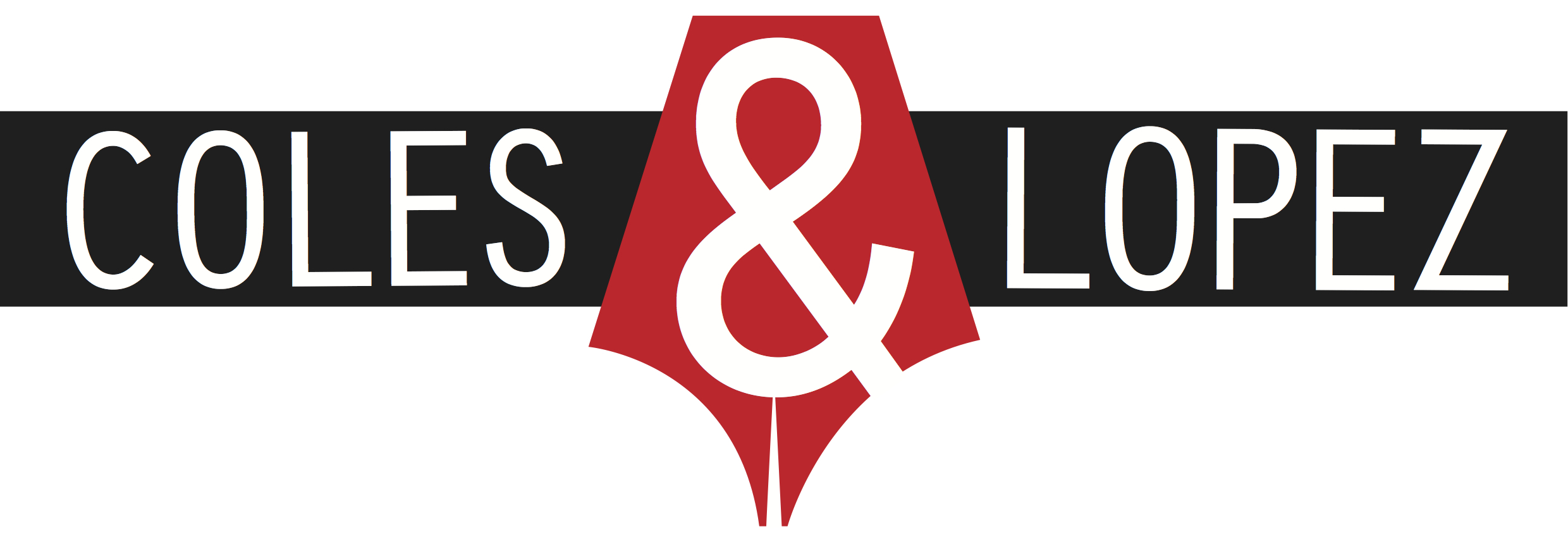Badly Hyphenated Word
Badly Drawn Boy: Singer, songwriter, practitioner of correct hyphenation.
Last month, we dipped our toes into the dark, churning waters of hyphen use. Now, it’s time to slowly submerge ourselves a bit more – almost all the way, in fact.
Today, we’re going to learn about one of the hyphen’s main jobs: creating compound modifiers (sometimes called “compound adjectives” or “adjectival phrases”). We’re also going to discuss a few situations in which you should not use a hyphen, with a special shout-out to a mistake I come across almost every day.
First, let’s make sure we have the basics down.
What is a compound modifier?
A compound modifier is two or more words that, when combined, describe a noun. For example:
long-term relationship
snow-covered mountains
blue-green eyes
top-to-bottom restructuring
back-and-forth motion
The key word there is “combined”. The words don’t individually describe the noun: that is, a long-term relationship is not a relationship that is both long and term. But, together, they take on a new meaning that applies to the noun.
When compound modifiers come before the noun, as in the examples above, we add hyphens to them. Why? Because, in many cases, failing to do so can cause real confusion. For example, a little used vehicle is little and used; a little-used vehicle is a vehicle that has been used little. A blue striped snake is blue and has stripes; a blue-striped snake has blue stripes. If you write fun loving guy with no punctuation, it could be read as either fun-loving guy (a guy who loves fun) or fun, loving guy (a guy who is fun and loving).
Of course, there are plenty of instances where there’s no risk of confusion. If you write big headed person with no hyphen, everyone will know that you mean a person who has a big head, not a person who is big and has a head. Some style guides say that, in cases like these, it’s OK to leave out the hyphen. Personally, I think it’s a lot easier to have one catch-all rule than to make all your hyphenating choices on a case-by-case basis.
Having said that …
The exceptions to the rule
In general, as we learned above, compound modifiers should be hyphenated. But there are a few situations in which they aren’t. First, some words appear together so frequently that it would be major overkill to hyphenate them. Often, these are proper nouns: Santa Claus suit, New Zealand company, etc. Other times, they’re just extremely common word pairs: high school sweetheart, dining room chair, etc.
The other exceptions are a bit less obvious. Here are some compound modifiers that begin with adverbs – that is, words that describe either a verb, an adjective or another adverb:
well-known author
fast-talking salesman
very good idea
strictly enforced law
Yes, you read that right – the final two compound modifiers should NOT have hyphens. These are the other exceptions to the rule: “Very” and adverbs ending with “-ly” do not take hyphens. It’s rare that people get the “very” rule wrong, so we’ll put that one to the side for now, but the “-ly” rule is another story. I constantly see things like thinly-veiled criticism and poorly-constructed house.
Why did the powers that be decide this was wrong? Well, it goes back to our earlier discussion about avoiding confusion. The reason phrases like little used vehicle are confusing is that it’s not clear what type of word we’re dealing with: Little can be either an adjective (little used vehicle) or an adverb (little-used vehicle). Adverbs ending in “-ly”, on the other hand, can never be mistaken for something else. They are only adverbs, and adverbs do not modify nouns. So it would be impossible to misinterpret thinly veiled criticism as “criticism that is thinly and veiled”. That wouldn’t make grammatical sense. (The same goes for very – a very good idea could never be misread as “an idea that is very and good”.)
In a nutshell
Compound modifiers are two or more words that, combined, describe a noun. When they come before the noun, they should be hyphenated, unless: (1) they are extremely common word pairs; or (2) they begin with “very” or an adverb ending in “-ly”.

